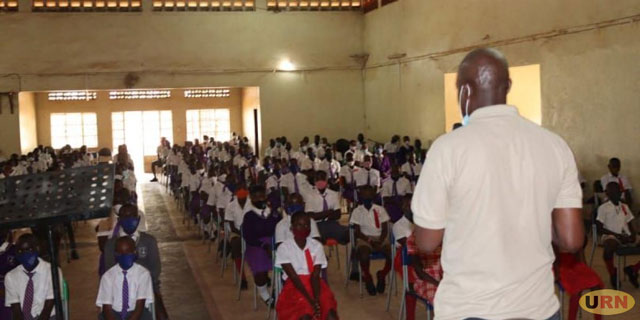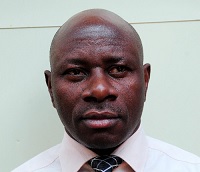
A whopping 60% of children failing to complete just seven years of primary school is very serious matter
COMMENT | PETER NYANZI | When the Uganda National Examinations Board (UNEB) released the timetable for this year’s final examinations recently, some of their statistics left me really disturbed.
According to UNEB, the total number of registered PLE candidates stands at 749,371 pupils this year.
Now, this figure will not be of much significance until you compare it to the total number children who started Primary One in 2017- exactly seven years ago.
According to official statistics available on the Ministry of Education and Sports website, the total number of children who enrolled for Primary One in 2017 was 1,866,657.
That implies that a whopping 1,117,286 (about 60%) of the children who started out in Primary One in 2017 have not been able to reach Primary Seven!
Simply put, only four out of every ten pupils who started Primary One will be sitting for PLE just seven years later.
Now, what factors have led to such a large number of children dropping out of school before reaching Primary Seven?
Of course this alarming scenario could be blamed on a number of socio-economic factors, the most important of which is the skyrocketing cost of education in the country amid difficult economic times.
But why is this so when the Government introduced free primary school education (UPE) way back in 1997, someone could ask?
Well, it is general knowledge that there are not enough schools and even UPE pupils are required to pay some fees, buy requirements such as uniforms and stationery, which do keep many parents and children at bay.
Of course the situation is worse in privately owned schools, which require parents to pay millions of shillings per term in addition to buying all sorts of things including capital development items such as building materials.
In light of the ever-increasing amount of school fees charged by schools, debate has been raging in various quarters including Parliament over the issue of regulating school fees.
Of course it’s the role of the Government to educate Ugandan children. Already, the Primary Education sub-sector takes the biggest chunk off the national budget.
But if millions of children are still out of school and cannot complete the Primary School cycle, it means other measures must be taken to reverse the trend.
The right to education for all children is protected by the Constitution. Primary education is absolutely critical to the realisation of the national development agenda as articulated in the NDPII, Vision 2040 as well as international protocols such as Sustainable Development Goals (SDGs) among others.
For example, SDG 4 aims to ensure that by 2030 all girls and boys complete free, equitable and quality primary and secondary education leading to relevant and effective learning outcomes.
Against that background, I wish to put across some suggestions that the Government should consider in order to ensure that primary education is indeed for all.
First, we all know that while it is critical that the number of children enrolled in private schools should increase, it might be problematic to put a cap on the school fees a private school may charge.
However, the Government could instead introduce a grading system as part of the licensing framework. Under this arrangement, all schools should be graded depending on their facilities, amenities and staffing.
The schools in Grade ‘A’ are the ones with the best facilities while those say in Grade ‘E’ have the poorest facilities.
Such a plan would create a system of self-regulation whereby a school in Grade ‘E’ may find it harder to force parents to pay Grade ‘A’ school fees, which is not the case currently.
Secondly and most importantly, the Government should consider amending the Education Act, 2008 by creating an Education Sector Regulatory Authority as a semi-autonomous body to be responsible for enforcing the Act, as well as organising, inspecting, coordinating and generally regulating the lower education sub-sector.
This body could combine the functions of some of the existing institutions under the Ministry of Education and Sports to avoid duplication of roles.
We all know that Uganda has several Agencies that are doing almost nothing despite their huge budgets. Now, why not create one whose role is absolutely critical to the future generation and the country’s development agenda?
A whopping 60% of children failing to complete just seven years of primary school is very serious matter. The time to act is now!
*****

Peter Nyanzi is a journalist
petersnyz@gmail.com
 The Independent Uganda: You get the Truth we Pay the Price
The Independent Uganda: You get the Truth we Pay the Price



